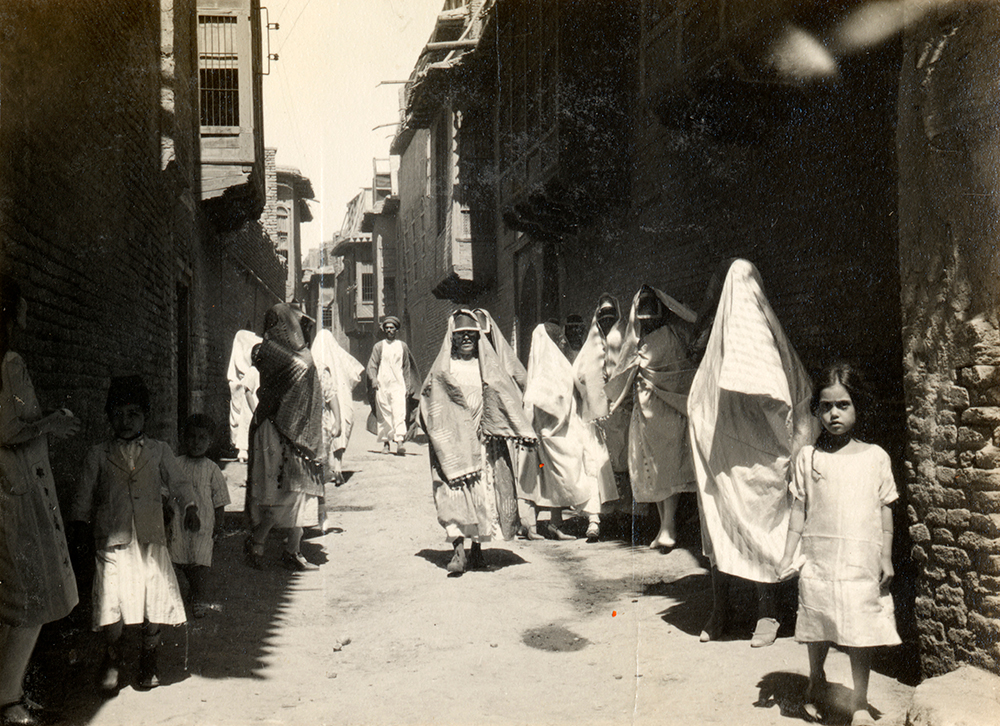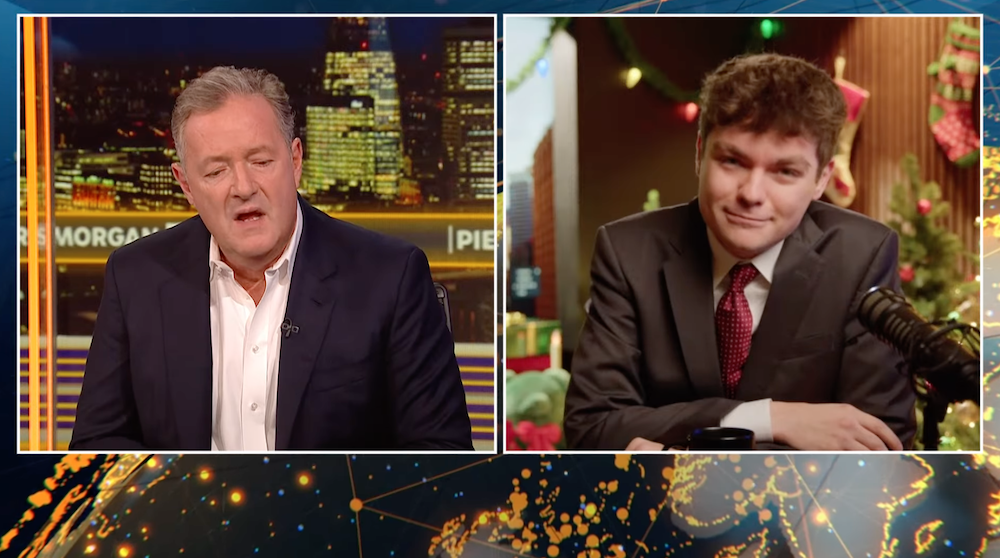
Be under no illusions: this is not a food memoir. Chopping Onions on My Heart is a linguistic exploration of belonging; a history of the Jewish community in Iraq; and an urgent endeavour to save an endangered language. Above all, it is a reckoning with generational trauma.
The subjects of Samantha Ellis’s previous books include the life of Anne Brontë, heroines of classic literature, feminism and romantic comedy. She is the daughter of Iraqi Jewish refugees, and the language she grew up around, the language of her people and culture, is dying. Judeo-Iraqi Arabic ‘came out of the collisions of Hebrew-speaking Jews and Aramaic-speaking Babylonians, and then absorbed linguistic influences from all the other people who conquered Iraq’. Ellis is irrepressible in the way she talks about her mother tongue, calling it ‘earthy, sinewy, witty, excessive, wry, noisy, vivid… Hot, where English often seems cold. Mouth-filling, where English seems empty. Patterned, when English seems plain.’
Jewish people first came to Iraq in 586 BC. At the community’s height in the 1940s there were 150,000 Jews living in the country. At best guess, by 2019 just five remained. Most left in the decade following Farhud, the pogrom carried out against the Jews of Baghdad over two days in 1941. More than 180 Jews were murdered and countless raped and injured. Ellis’s father’s family left for Israel, while her mother’s stayed on for more than 20 years. But both her parents eventually ended up in London, where Ellis was born. She was raised speaking English, ‘but all the gossip, all the stories, all the exciting, forbidden grown-up life happened in Judeo-Iraqi Arabic’. She quietly absorbed the language, but as she grew up, lost it. Now, as an adult and mother, she is acutely aware of the consequences for herself and her son.
The mass exodus of Iraqi Jews in 1950-51, and their assimilation into adopted countries, meant that the language was marginalised, and speaker numbers dwindled fast. Ellis’s early investigations are urgent, panicked, motivated by a combination of incredulity and guilt that a language that informs her heritage, but that she doesn’t speak, isn’t being preserved by someone else: ‘I raced to my laptop to find out if anyone was saving my language. Someone had to be!’
She begins language classes, visits museums and consults relatives. She attempts to trace the history of her people. She cannot accept that the reason languages become extinct is because second generation, non-native speakers ‘didn’t value or care for them, that we were recklessly letting them die’. She realises that ‘there was always violence somewhere in the vanishing of languages. There certainly was in mine’.
The mother tongue is ‘earthy, sinewy, witty, excessive, wry, noisy, vivid…Hot, where English often seems cold’
The psychological effect of being brought up by families who have experienced war, discrimination and displacement is what makes Ellis both neurotic and determined not to pass on that inherited fear to her son. When he garbles the history of how they came to Britain, Ellis decides: ‘If I was going to unmuddle him, maybe I had to try to unmuddle myself first.’ But how does one preserve the stories of a culture’s past without also holding on to the pain that imbues them?
In her search for home and belonging, she finds solace in cooking her country’s traditional dishes. But this is not a tidy personal narrative that finds resolution in a comforting stew or finishes with a glorious homecoming wrapped neatly in bread dough. Ellis is wary of simplifying the past and making it more palatable through food. The problem is not Iraqi Jewish cuisine; that’s the easy bit. It’s the gnarly, traumatic parts that are harder to engage with.
So, no, this is not a food memoir. And if at times it doesn’t seem to know quite what it is, then isn’t that sort of the point? Unpicking, extricating different facets of heritage is near impossible, compounded by the conflicting motivations of a second generation immigrant.
What begins as a shapeless mass, a grey cloud of uncertainty, slowly morphs into a full-colour, defined picture of a more confident, peaceful acceptance of Ellis’s duality – of being Judeo-Iraqi, but not in Iraq, of belonging to two places at once, even if one place cannot be visited. Like her identity, Ellis’s book contains multitudes.









Comments